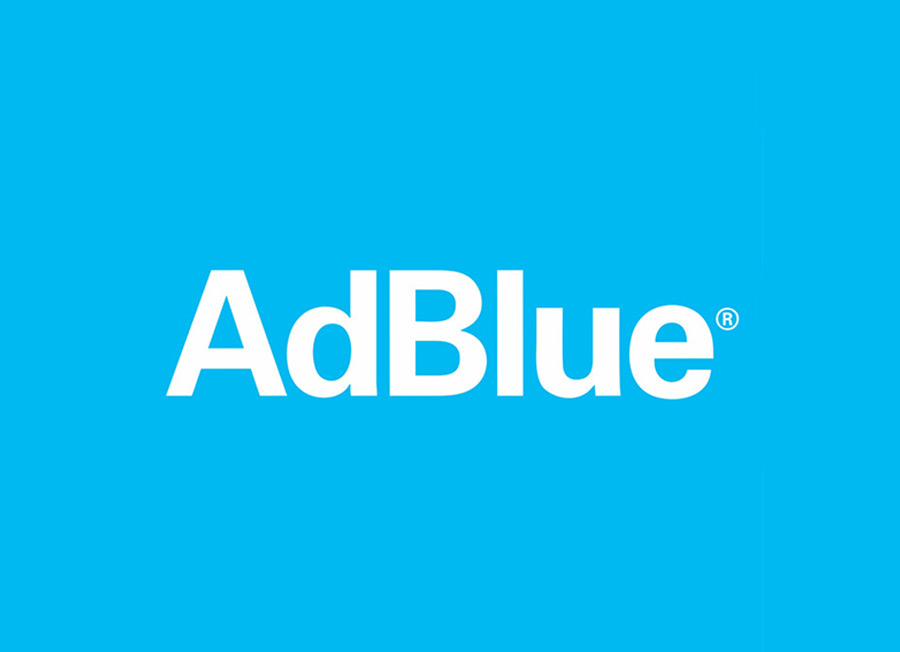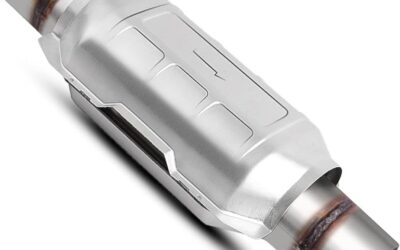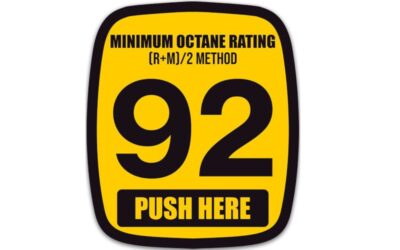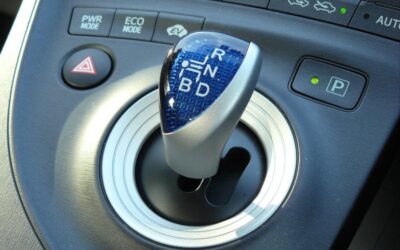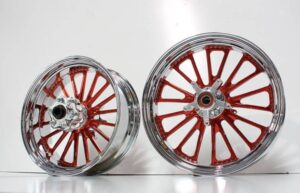AdBlue is a trademarked name for a diesel exhaust fluid (also known as Diesel Exhaust Fluid or DEF) used in selective catalytic reduction (SCR) systems to reduce emissions of nitrogen oxides (NOx) from the exhaust of diesel engines. It is a clear, non-toxic liquid that consists of approximately 32.5% urea and 67.5% deionized water.
In the SCR process, AdBlue is injected into the exhaust stream of a diesel engine, where it reacts with the nitrogen oxides produced during combustion. This chemical reaction converts the nitrogen oxides into harmless nitrogen and water vapor, reducing the overall emissions of harmful pollutants.
AdBlue is commonly used in modern diesel vehicles, especially those designed to meet stringent emission standards such as Euro 6 in Europe or EPA Tier 4 in the United States. Many diesel-powered vehicles, including trucks, buses, and some passenger cars, are equipped with SCR systems that rely on AdBlue to comply with environmental regulations and reduce their environmental impact.
Can diesel engines run without AdBlue?
While a diesel engine can technically operate without AdBlue, there are several important considerations:
- Emissions Compliance: Most modern diesel engines, especially those designed to meet stringent emission standards (such as Euro 6 or EPA standards), rely on SCR systems with AdBlue to comply with regulations. Operating a diesel engine without AdBlue may result in significantly higher NOx emissions, leading to non-compliance with emissions standards.
- Performance and Efficiency: The absence of AdBlue can impact the performance and efficiency of the SCR system. NOx reduction may be compromised, and the engine might not operate optimally, leading to increased fuel consumption.
- Warning Systems: Many vehicles equipped with SCR systems have warning systems that alert the driver when AdBlue levels are low. Ignoring these warnings and continuing to operate without AdBlue could lead to the engine entering a reduced power or “limp” mode, limiting performance until AdBlue is replenished.
- Legal and Warranty Implications: Operating a diesel engine without AdBlue could void warranties and may be subject to legal consequences, especially if it results in excessive emissions that violate environmental regulations.
In summary, while a diesel engine can technically run without AdBlue, it is not advisable. Doing so may lead to legal and compliance issues, negatively impact performance and efficiency, and result in increased emissions. It is essential to follow the manufacturer’s recommendations and maintain AdBlue levels for optimal and compliant operation of the diesel engine.
Other common names for AdBlue
Some alternative names for AdBlue include:
- Diesel Exhaust Fluid (DEF): This is a generic term used to describe the solution that serves the same purpose as AdBlue in reducing nitrogen oxide (NOx) emissions in diesel engines.
- AUS 32: AUS 32 stands for “Aqueous Urea Solution 32.5%.” It is a technical term used to describe the composition of AdBlue, indicating that it is a solution containing 32.5% urea and 67.5% deionized water.
- Adblue®: This is the trademarked name for a specific brand of diesel exhaust fluid. Adblue® is a registered trademark of the German Association of the Automotive Industry (VDA), and it is commonly used in Europe.
- DEF Fluid: DEF Fluid is a redundant term that is sometimes used to refer to Diesel Exhaust Fluid.
- UREA Solution: AdBlue is essentially a urea-based solution, and the term “UREA solution” may be used to describe similar fluids that serve the same purpose.
It’s important to note that while these terms are often used interchangeably, “AdBlue” specifically refers to a brand of diesel exhaust fluid, and different regions or manufacturers may use different names for the same or similar products.

